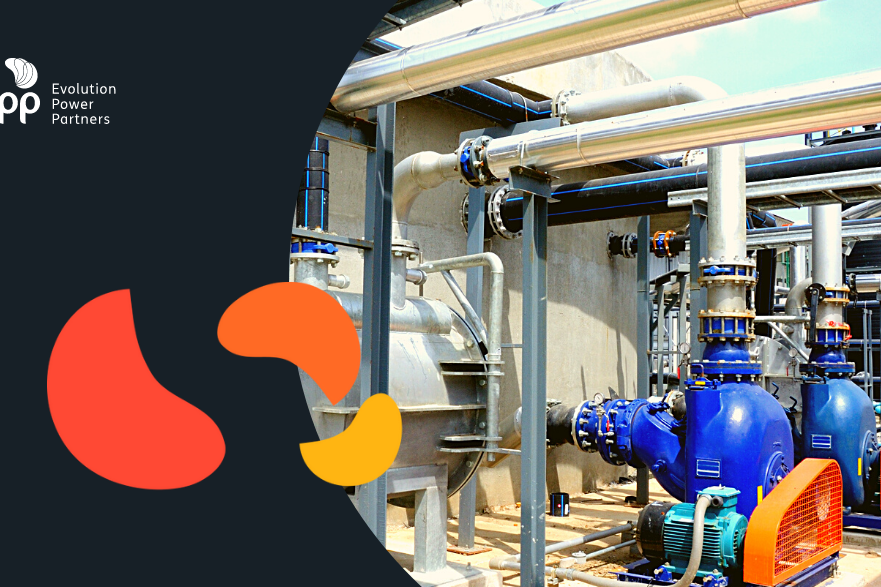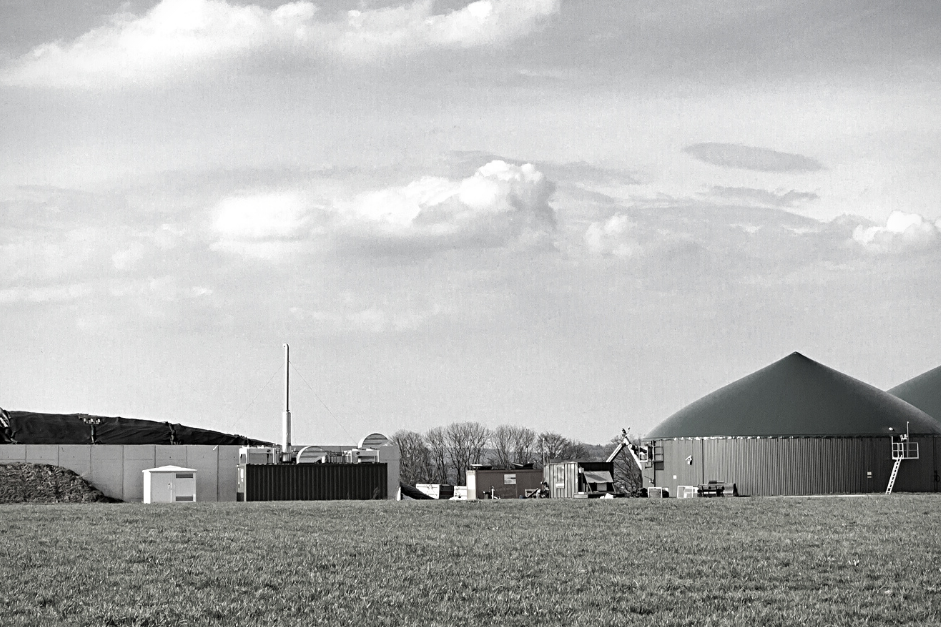Distributed Generation (DG) has emerged as a transformative force in the global energy scenario, with significant potential to reduce carbon dioxide (CO2) emissions.
DG refers to the production of electrical energy at or near the point of consumption, unlike traditional centralized generation. This model includes technologies such as photovoltaic solar panels, small-scale wind turbines and biogas plants. According to IRENA, installed DG capacity has grown exponentially, with an estimated increase of 70% in the last five years, demonstrating a clear trend towards energy decentralization.
The environmental impacts of DG are remarkably positive, especially in relation to the reduction of CO2 emissions. An IPCC study indicates that DG can reduce greenhouse gas emissions by up to 60% compared to conventional energy systems, depending on the technology used and the regional context. In Brazil, EPE projects that DG can contribute to a reduction of up to 5% in national CO2 emissions by 2030, considering the expected increase in the adoption of clean energy technologies.
Specifically, energy generation through renewable sources, such as solar and wind, plays a crucial role in this transformation. ABiogás highlights that, in addition to reducing CO2 emissions, biogas-based DG promotes sustainable waste management, generating energy from materials that would otherwise emit methane, a greenhouse gas more powerful than CO2. .
Cibiogás, in turn, provides data that prove the potential for reducing greenhouse gas emissions through DG, indicating that each megawatt hour (MWh) of electricity generated by biogas avoids the emission of approximately 0.6 tons of CO2 . Furthermore, DG can contribute to the stability of the electrical grid, reducing the need to transmit energy over long distances and reducing associated losses.
In conclusion, DG not only has significant potential to reduce CO2 emissions, but also fosters a more sustainable and efficient energy transition. The increasing adoption of this type of energy generation, supported by public policies and investments in technology, will be fundamental to achieving global goals for reducing emissions and combating climate change. Therefore, it is essential that governments, companies and civil society recognize and support the development of DG as an essential pillar for a sustainable energy future.






